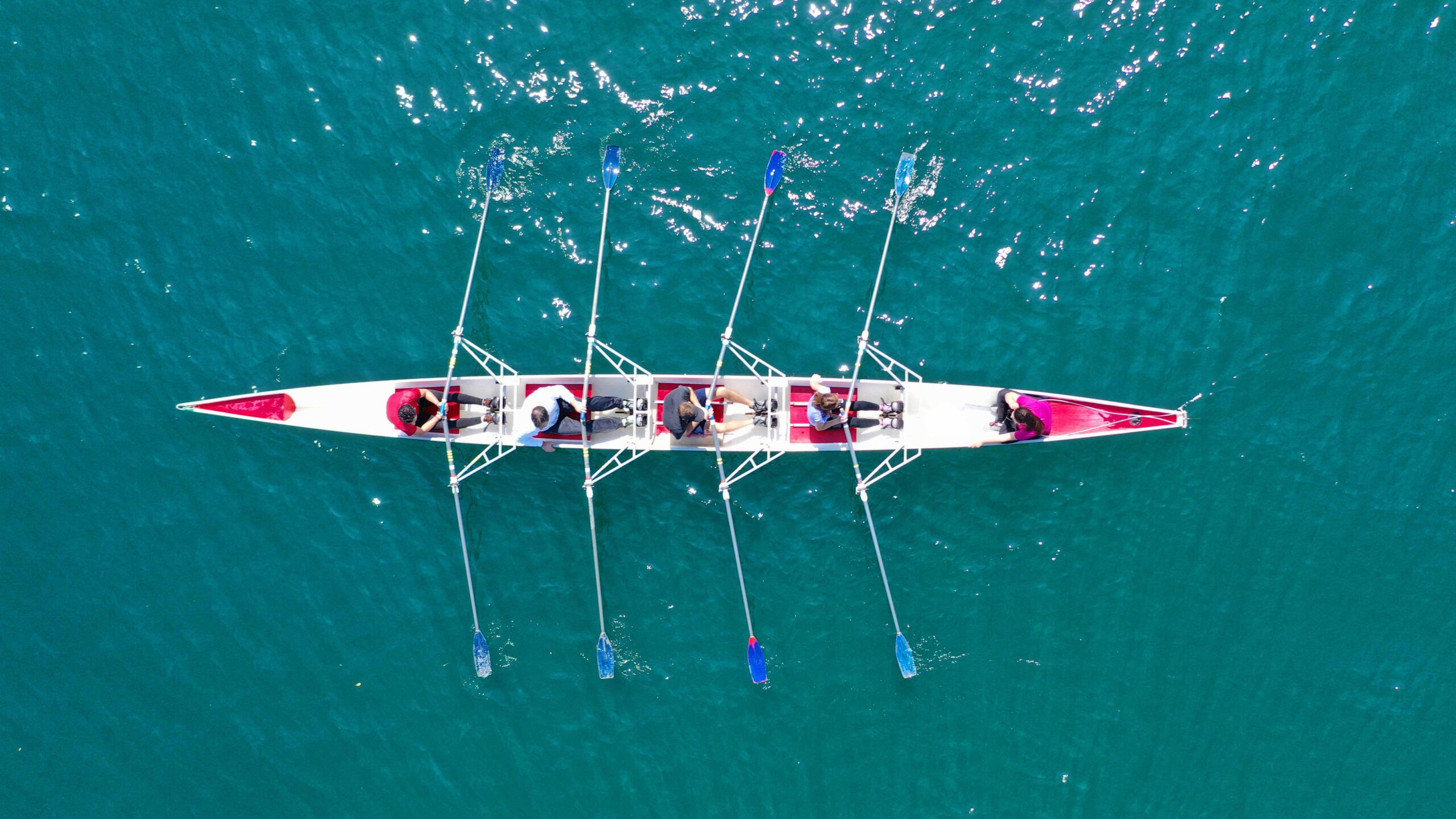Feminine Wisdom for the Future of Work
I found the Economist’s recent article, “A Manager’s Guide to Handling Crises”, offers two insights that resonate deeply with the evolving landscape of leadership—especially for women, technologists, and wellbeing advocates.
- Horizontal, Decentralized Leadership
Although traditional crisis management tends toward hierarchy, a horizontal, decentralized approach is far stronger. When you distribute authority and decision-making, teams closest to the action can respond in real time.
Decentralized leadership breaks down silos. This enables organizations to be flexible, able to pivot at any moment and adapt faster to disruption. Because women naturally foster collaboration, women leaders excel here. The more feminine, horizontal and decentralized an organization becomes, the stronger it will be during a crisis. This isn’t a management trend; it’s a cultural shift, so pay attention!
- Beyond Fear and Negativity
Traditional crisis thinking is short-term—which means it’s fear-based. Instead, don’t become too atomistic in your leadership style. Breaking down everything into components to be analyzed often makes a leader lose sight of the bigger picture. Keep your eyes on the horizon and focus on where you want to go. Let that lead you, rather than trying to concentrate on reactive fixes.
The Embodiment Connection
Clarity in crisis doesn’t come from the mind alone. It requires embodiment—a shift that moves you away from mind-based thinking. Humans are embodied beings. When you partner with your body’s intelligence, you access a far greater part of the human potential available to you.
Why does this matter for crisis leadership? Because when you are embodied, you are less likely to be swept away by fear or manipulated by external pressures (including the relentless influence of technology and AI). You make better decisions, set clearer boundaries, and lead from a place of grounded presence.
A Call to Action
I encourage you to explore how embodiment can transform your leadership. It’s not about adding another task to your to-do list—it’s about shifting your foundation. In a world of distraction and disruption, presence is your greatest asset.
